Blog
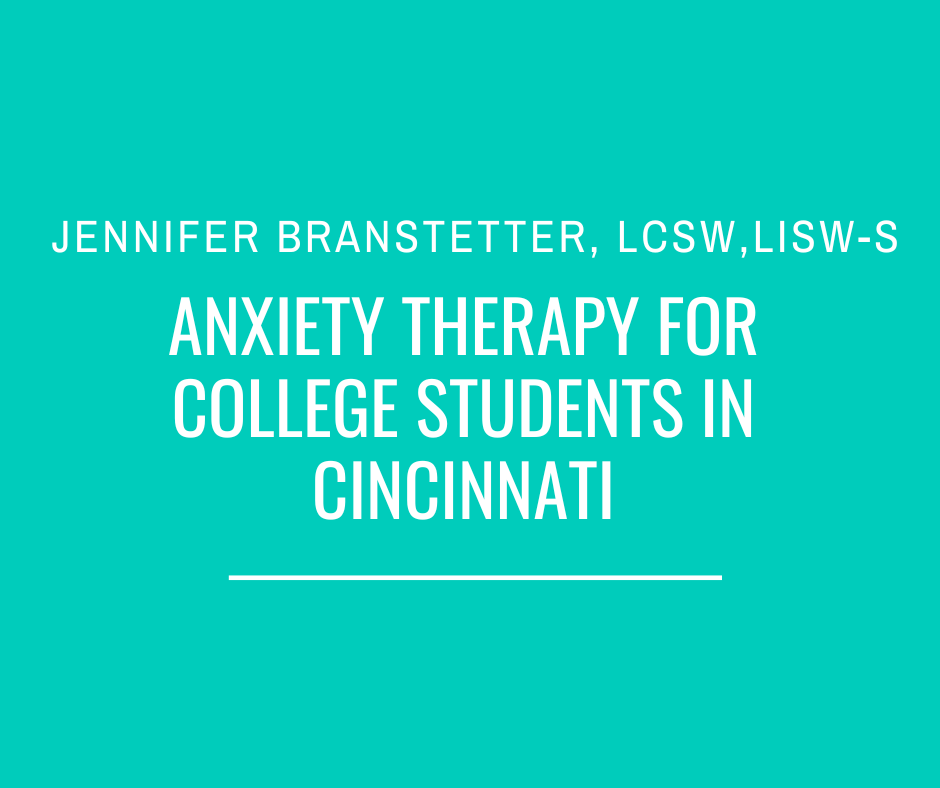
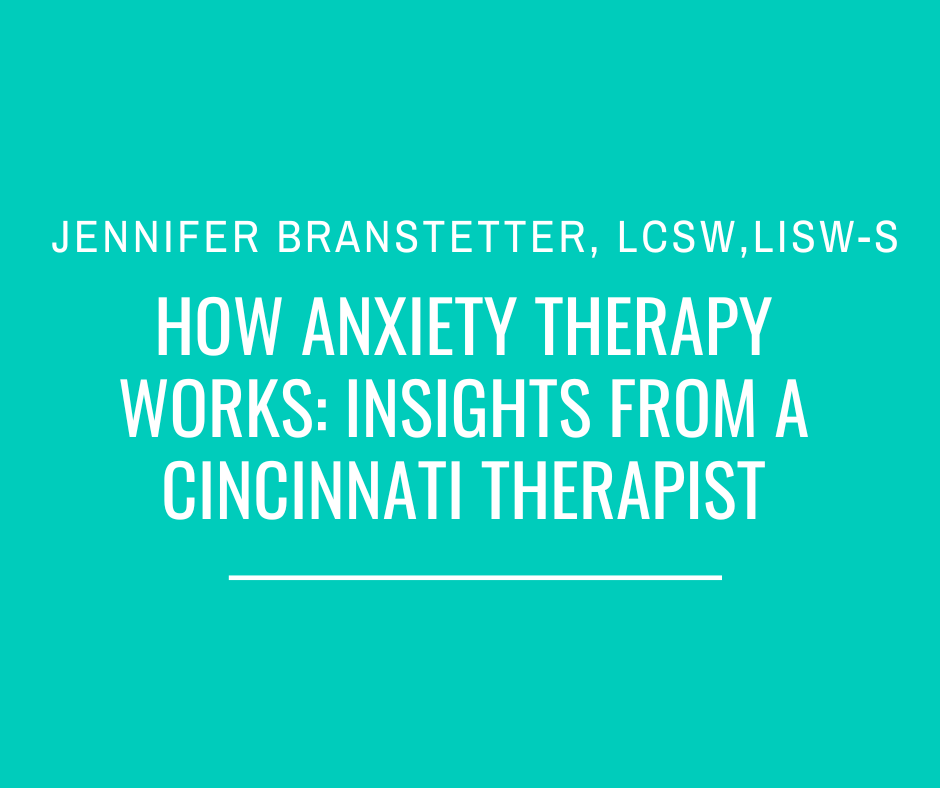

Former Gifted Kid Syndrome
Struggling as an adult after being labeled a "gifted kid"? Learn how perfectionism, burnout, anxiety, or undiagnosed ADHD may be affecting you—and how online therapy in Ohio and Indiana can help.
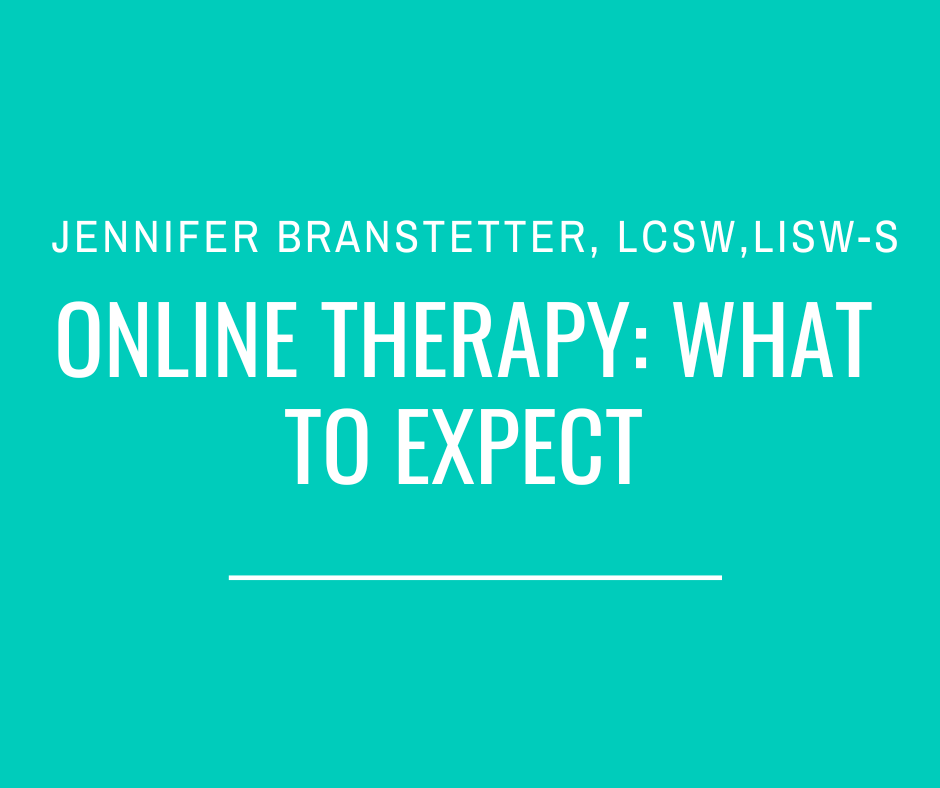
Online Therapy in Indiana & Ohio: What to Expect and Why It Actually Works
Looking for online therapy in Indiana or Ohio? Learn how virtual therapy works, who it helps, and why private pay therapy might be the best choice for your mental health.
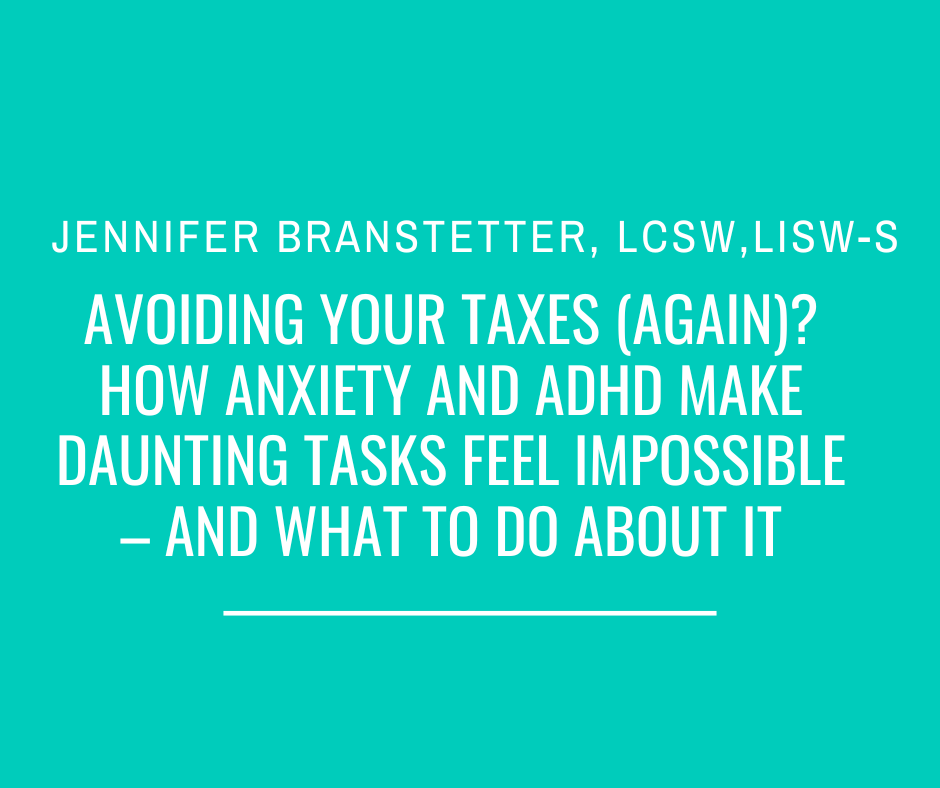
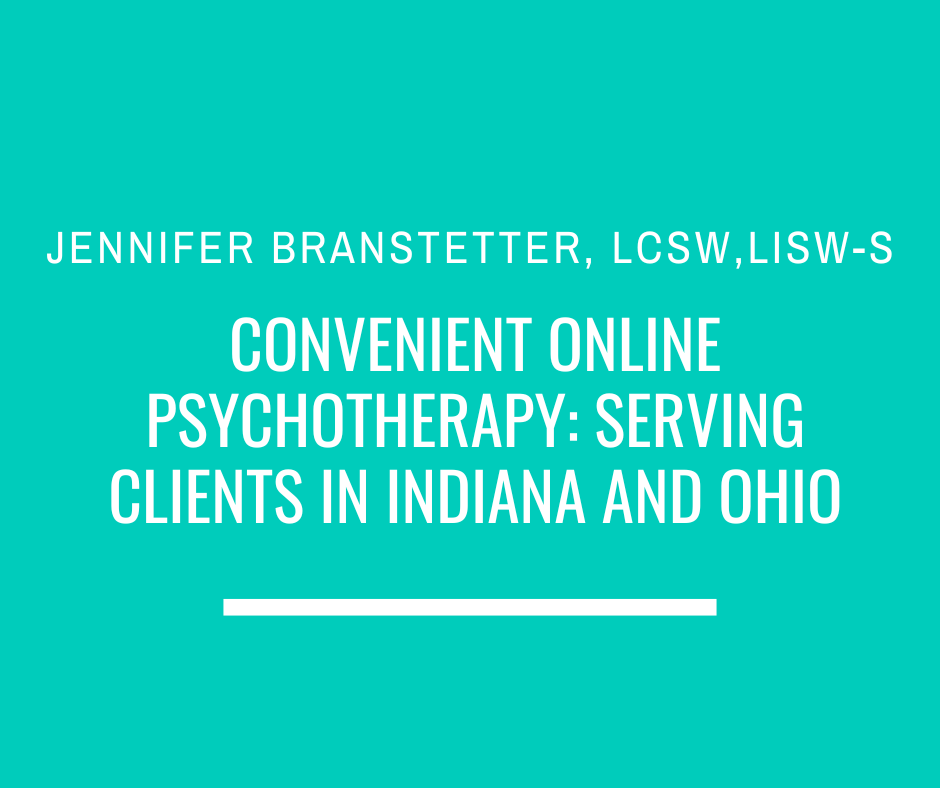
Convenient Online Psychotherapy: Serving Clients in Indiana and Ohio
Offering convenient and effective online psychotherapy for residents of Indiana and Ohio. Access virtual cognitive behavioral therapy to manage anxiety, stress, and more from the comfort of your home.